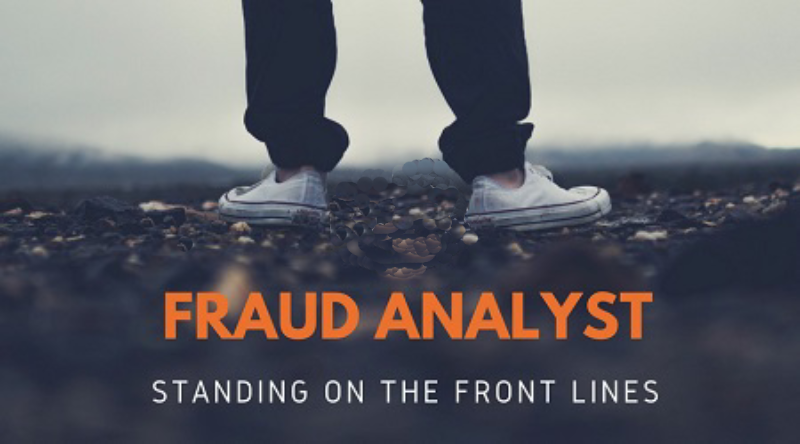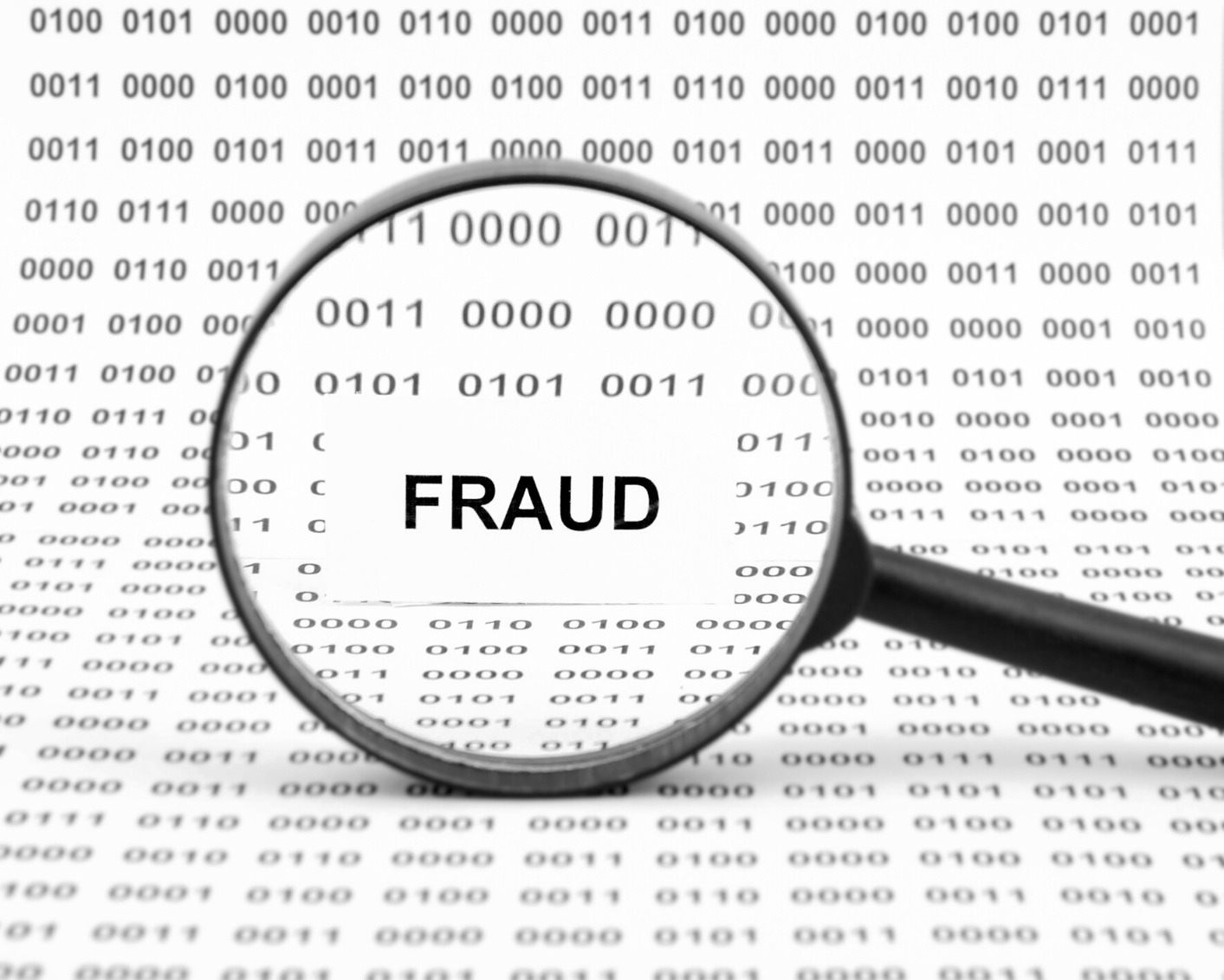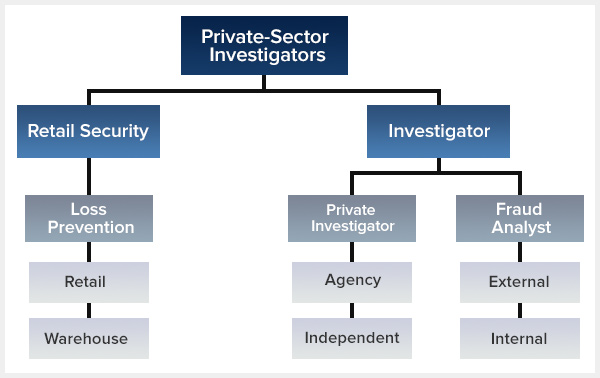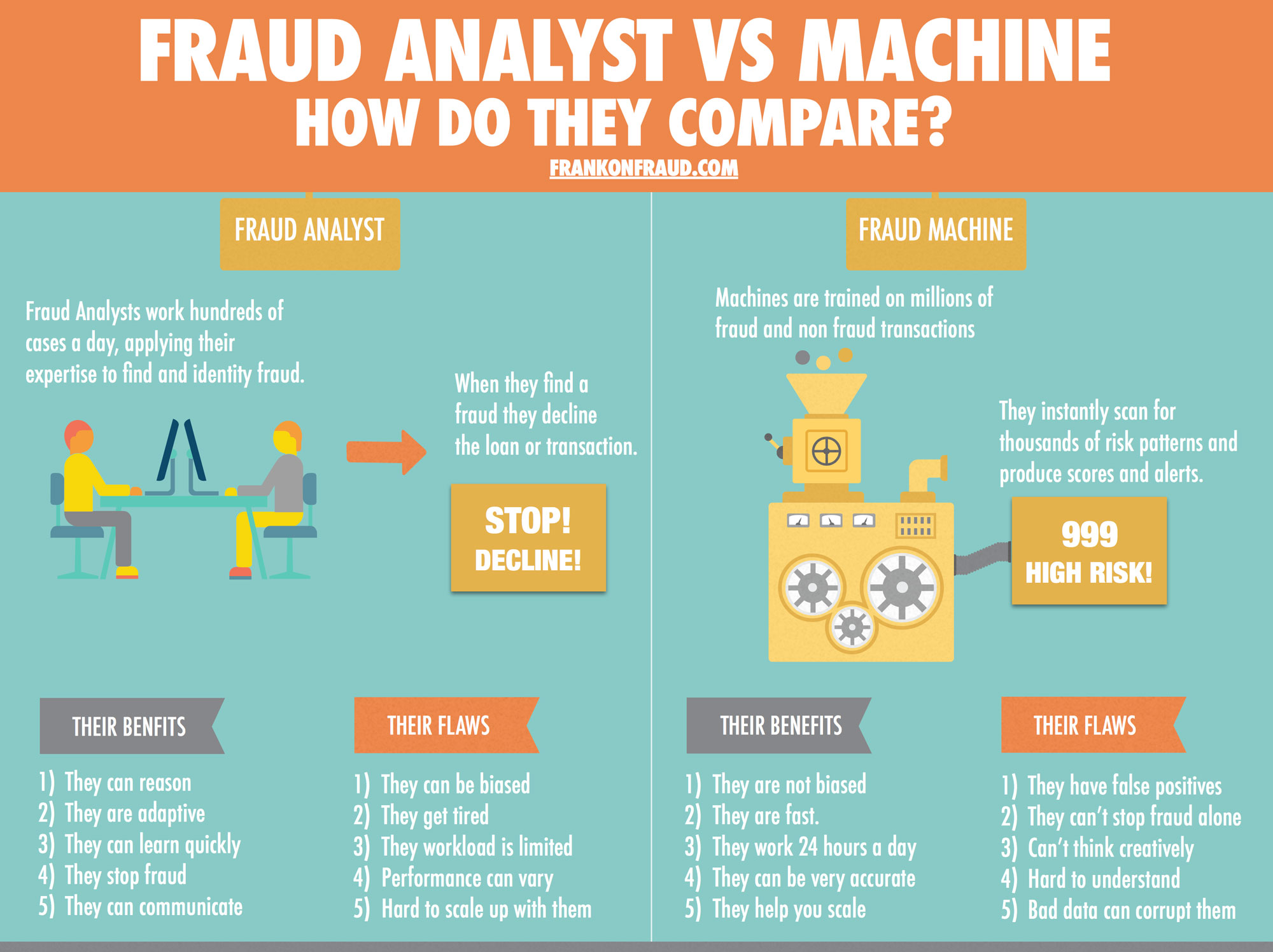Inspirating Tips About How To Become A Fraud Analyst

The most common jobs before becoming a senior fraud analyst are fraud.
How to become a fraud analyst. Employers seek analysts with majors in statistics, accounting, economics, mathematics or other quantitative subjects. In general, you can become a fraud analyst after completing your 4 year bachelor's degree in a related discipline. How to become a fraud analyst in 3 steps.
Steps to becoming a fraud investigator here is one pathway to pursue a career in fraud investigation: Most fraud analyst roles require a minimum of 1 to 3 years of experience in a relevant field. Then, when you’re asked about stuff, come prepared after you spent some time.
You’ll typically only need a high. Take the certified fraud examiner's, or cfe, test, and obtain a passing score to qualify for fraud analyst certification. Becoming a fraud analyst requires a combination of education, experience and certification in fraud examination.
This is a computer software program that you can take. Complete a college degree with a major in a field related to. You need a bachelor's degree to hold most fraud risk analyst positions.
Though the requirements for becoming a fraud analyst vary, an employer will most likely consider you for this position if you have a high school diploma and a college degree. You can spend a few years as a financial analyst, data analyst or accountant. How to become a fraud analyst.
Earn a bachelor’s degree in forensic accounting, criminal justice, or a. Typically reports to a supervisor or manager. Discover the steps and the career path to progress in your career as a fraud risk analyst.


















